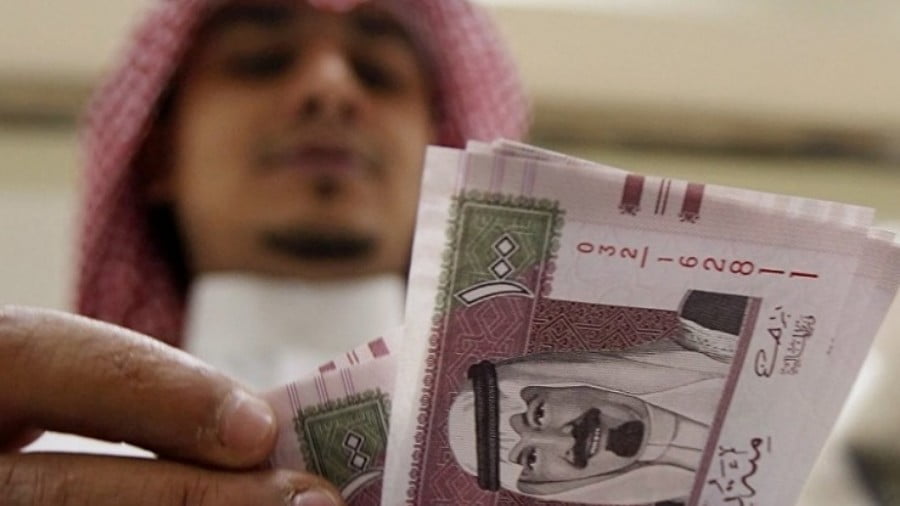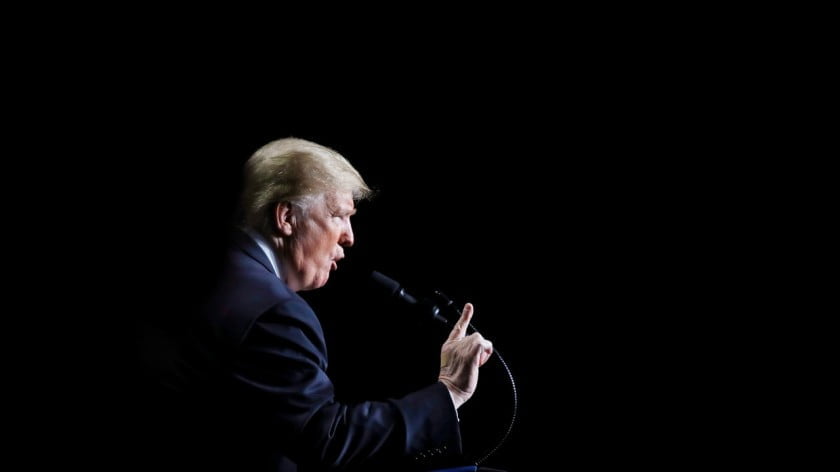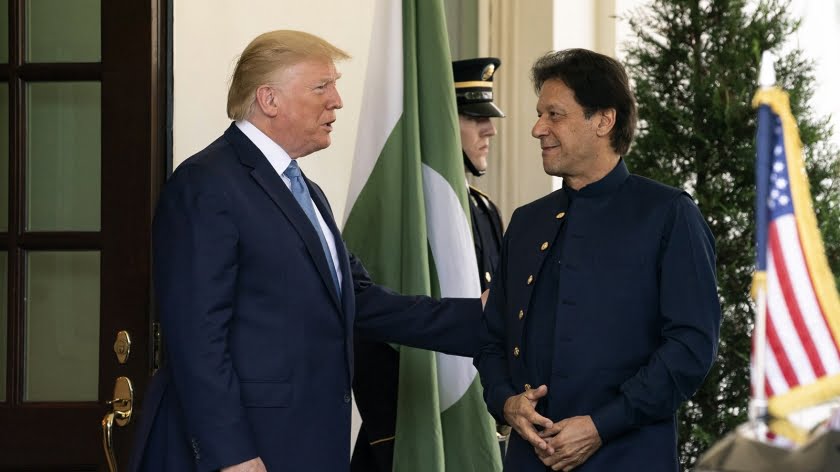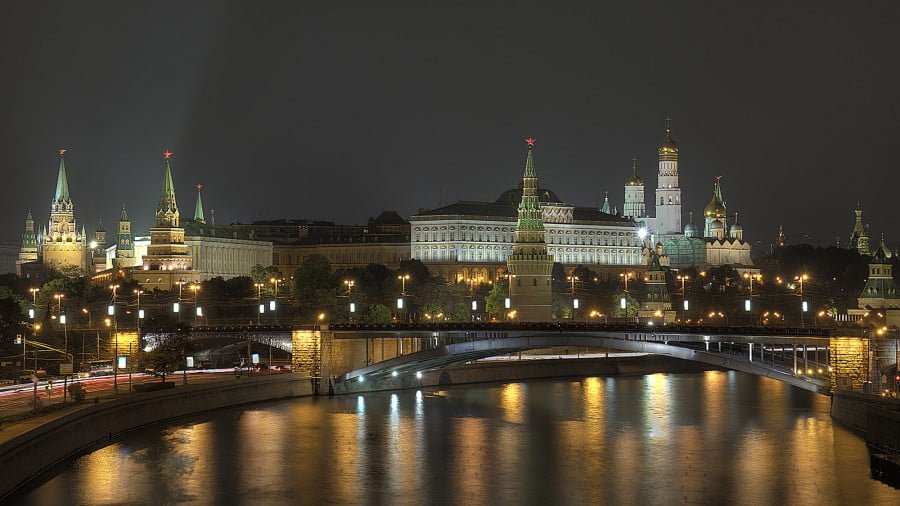Middle East and Sad Prospects of its Development
As TV channel Al Arabiya has reported, Jordan withdrew its ambassador Abdullah Suleyman Abu Rumman from Iran. Amman presented a very interesting interpretation to justify its actions. This decision was adopted by the Council of Ministers of the Kingdom in relation Tehran’s policy of interference into affairs of the countries of the Middle East. It is especially noted that Amman seeks for regional security, in particular, in Saudi Arabia and countries of the Cooperation Council for the Arab States of the Gulf (GCC). However, it is a well-known fact that Jordan isn’t a member of the GCC and its interest in Gulf matters, especially security, raises a number of questions.
Nevertheless, it is quite simple and caused, first of all, by a difficult economic situation of the country and indefinite promises of Riyadh to invest the necessary amounts for improvement of the situation of Jordanians. As you might know, only recently King Abdullah has been forced to appoint a new Prime Minister to somehow bring down a tide of discontent in the Kingdom, though he has not been planning this step. Riyadh promised to allocate 2.5 billion dollars in Jordan and King Salman presented this so as if the help was actually provided. However,s Saudi money is not in the Jordanian treasury as of yet.
In particular, this may be noticed in the fact that King Abdullah has urgently sent the authorized representative to Kuwait when mass demonstrations against increase in taxes and increase in prices have begun in the country. When in Jordan, the Secretary of State of Kuwait promised to deposit 500 million Dollars with the Central Bank of Jordan and to provide as much for credits with low interest. The emir of Qatar Tamim bin Hamad Al Thani said that Qatar will also support economy of Jordan by creating 10 thousand jobs and provision of 500 million Dollars. As the Amman press informs, King Abdullah ultimately was disappointed by the actions of Riyadh, which isonly helping on paper. However, for two years the Saudis were providing financial assistance to Amman, taking into account the huge influx of the Syrian refugees to this country. For some reason the Syrian refugees do not really willingly go to the neighboring rich Saudi Arabia for, though King Salman bin Abdulaziz Al Saud and his son Mohammad bin Salman Al Saud speak to no end about Arab solidarity, they don’t actually do much.
It is quite easy to understand the Saudi game with the fraternal Arab country in trouble, by simply analyzing the economic and overall situation in Saudi Arabia itself. Since the ambitious Crown Prince Mohammad ibn Salman took over all key directions in the country – foreign policy, defense, economic and political reforms, the Kingdom suffers one defeat after another. Saudi Arabia endures the most painful defeats on the Syrian and Yemen battlefield where its strategy to oust the pro-Shiite leaders from power ended in a fiasco due to Syrian army and Shiite rebels from Yemen – Iran-oriented Houthis. Attempts of Saudis with the political crisis in Qatar created by them, attempts to oust the ruling Qatar family from power, attempt to block broadcasting of the Al Jazeera have also failed. Charges against House of Saud from ordinary Muslims of having secret rapprochement attempts with Israel at the expense of the interests of the Palestinian Arabs are terrifying.
Riyadh considers Iran its the main and major rival in the region, and the most important threat to ruling power of House of Saud. The Lebanese newspaper An-Nahar writes with schadenfreude that in previous years the Saudis suffered defeats from Iran in all spheres of rivalry in the region and that this process will supposedly continue the current year as well. Besides, it is worth remembering that owing to existence of Mecca and Medina – two Holy Mosques of all Islamic world in the Saudi territory, this country is considered to be the leader of the Muslim world, and many such States to some extent orient themselves to Riyadh in foreign policy. Nevertheless, most active Muslims of the world are disapproving of both foreign and domestic policy of the Saudi Kingdom; and recently more and more criticism is heard towards the Custodian of the two Holy Mosques.
Considering that Iran has already outstripped Qatar in terms of production on the huge joint gas field Pars in the Persian Gulf, fears of Saudis are more than logical. First, Saudi Arabia is more similar to be a ‘card’ in hands of the USA and the American President Donald Trump who recently tries to turn the world community towards Washington. After the long visit of the Crown Prince to the USA, it became obvious that Riyadh had once again decided ‘to confirm’ its regional policy. In other words, interests of the USA and Saudi Arabia are more than identical both regionally and globally.
However, according to a number of sociological studies, sentiments of Arabs, and especially the younger ones, towards the West have sharply changed in recent years; and idea of Russia being an ally and the partner in the Arab society has become considerably stronger. If in 2016 only 9% of the Arab youth considered the Russian Federation to be significant ally of the country, today this share is 20%. Let us note that the peak of growth of sympathies fell on 2017 — 21% of respondents gave such answer back then. Experts agree that consistent position of Moscow on a number of key questions of the regional agenda and commitment to the principle of non-interference to internal affairs of the foreign States became the major factor of growth of the authority of Moscow in the Arab world. This puts the democratic Russia in a good light on the background of aggressive USA, pursuing only own goals.
Probably, based on these data, the hereditary Bedouin – the Crown Prince – tries to place stake on not only the American friends, but he also tries to make friends with Russia. Here is the source of some of his positive actions towards Moscow, close cooperation with us in determining the level of world oil production within OPEC. His current goodwill visit to the 2018 FIFA World Cup Russia where the Russian team, having beaten Saudis with a humiliating score of 5-0, threw a cold shower upon them, may also be accounted here. Moreover, that may be the way, as the hot Saudi heads really need cold northern shower to understand the present situation better.
On top of all that, the previous two years were drastic failure for Riyadh in economic sphere as well. By estimates of economic analysts, as sharp drop in global oil prices has led to economic failure, Riyadh may face overall bankruptcy of the country in the next years. Currently there are considerable reserve assets in the Kingdom; however, they will be exhausting with the preservation of the current trend in the oil market.
Suffice to say that 17.7% is the share of Saudi Arabia in global oil export; oil export provides with 69% of all foreign trade revenues, and the Kingdom gets another 21% of export revenues from trade in petrochemistry. The State Oil Company Saudi Aramco became the largest enterprise not only inside the country, but globally, having outstripped the American corporate monsters by profit margin.
However, economic management system based on distribution of the raw materials rent generates hyper concentration of riches in hands of ruling elite: royal family and related largest financiers. Those Saudis who don’t work in oil production and its service industries depend on cash flows which elite wishes to distribute down the social ladder. All sectors of national economy either directly or indirectly serve oil industry, or exist at the expense of the oil revenues redistributed by the State.
Unemployment rate is formally not too high in Saudi Arabia. However, among citizens of the country it more than twice exceeds the common rate – 12.1% against 5.7%. Unemployment among young people is especially threatening as 28.5% jobseekers can’t find a workplace. Mass unemployment is combined with the high level of poverty. The living wage in Saudi Arabia makes $530 a month. By various calculations from 2 to 4 million citizens of the Kingdom live behind the poverty threshold – it is 10-20% of indigenous Saudis. Their situation is burdened by rather undeveloped system of social support and high cost of life in the country. On January 1, a 5% VAT came into force, electricity rates grew 3 times, fuel prices grew, and this has led to increase in cost of life for many Saudis. Benefits from the government, the program of money transfers existing since December 2017 for poor families do not compensate huge effect of increase in cost of life. Growth in incomes is predicted at 1.4%, the general growth is at 0.7%, and all this without oil money.
Thus, it is unnecessary to be surprised by financial tricks of Riyadh in relation to Amman. Saudi Arabia which was once the leader and the generous sponsor of all Arab world, has nowadays learned to count money and the political benefits which it may get for them. Poor Jordan is not a part of the long-term plans of the Saudis any more. And small, but rich Gulf States – Kuwait, Qatar, the UAE – are unable to satisfy growing needs of the Arab world.







